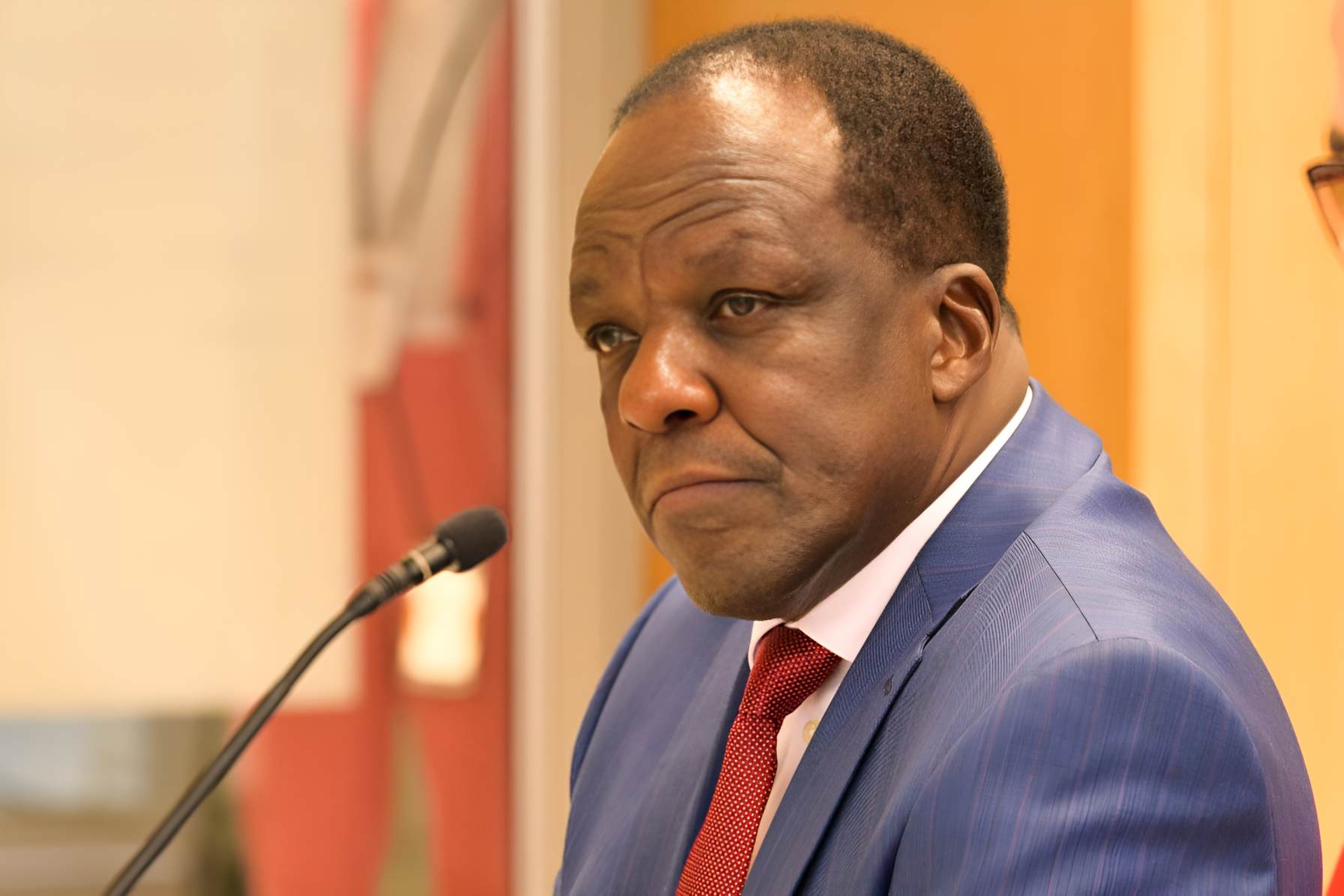The High Court in Nairobi has quashed a decision by the Director of Public Prosecutions (DPP) Renson Ingonga to withdraw corruption charges against Co-operatives and MSMEs Cabinet Secretary Wycliffe Oparanya, terming the move unconstitutional and contrary to public interest.
Delivering the ruling at the Milimani Law Courts, Justice Benjamin Musyoki declared that the DPP’s July 8, 2024 letter directing the closure of Oparanya’s file was illegal, irregular and violated constitutional principles of transparency and accountability.
The judge faulted the DPP for unilaterally relying on submissions from Oparanya’s legal team without further investigations, noting that this amounted to shielding a suspect from due process.
“The decision was shrouded in mystery and therefore worked against public interest, hence in violation of Article 157(11) of the Constitution,” Justice Musyoki said, emphasizing that while the DPP enjoys independence in prosecutorial decisions, this independence does not insulate the office from judicial scrutiny when its actions breach constitutional requirements.
Oparanya, who previously served as Governor of Kakamega County, was accused of receiving Ksh.56.7 million in irregular payments from companies linked to contracts awarded by the county government.
The Ethics and Anti-Corruption Commission (EACC) had recommended that he face charges including conflict of interest, abuse of office, money laundering, and conspiracy to commit corruption.
In July 2024, however, the DPP rescinded his earlier decision to prosecute, citing new evidence presented by Oparanya’s lawyers, who argued that the funds were proceeds of a loan rather than illicit gains.
The EACC opposed the withdrawal, insisting its file met the threshold for prosecution and warning that the move undermined the fight against corruption.
The High Court ruling followed a petition filed by activist Fredrick Mulaa, who argued that Oparanya’s appointment as Cabinet Secretary was tainted since he had pending corruption charges that were abruptly dropped.
Justice Musyoki agreed, ruling that the DPP’s move undermined public confidence in the justice system and accountability in high-profile graft cases.
The decision effectively reinstates the corruption case against Oparanya, marking a major win for the EACC and underscoring judicial oversight over prosecutorial powers. It also highlights the judiciary’s role in curbing potential abuses of discretion in politically sensitive cases.

